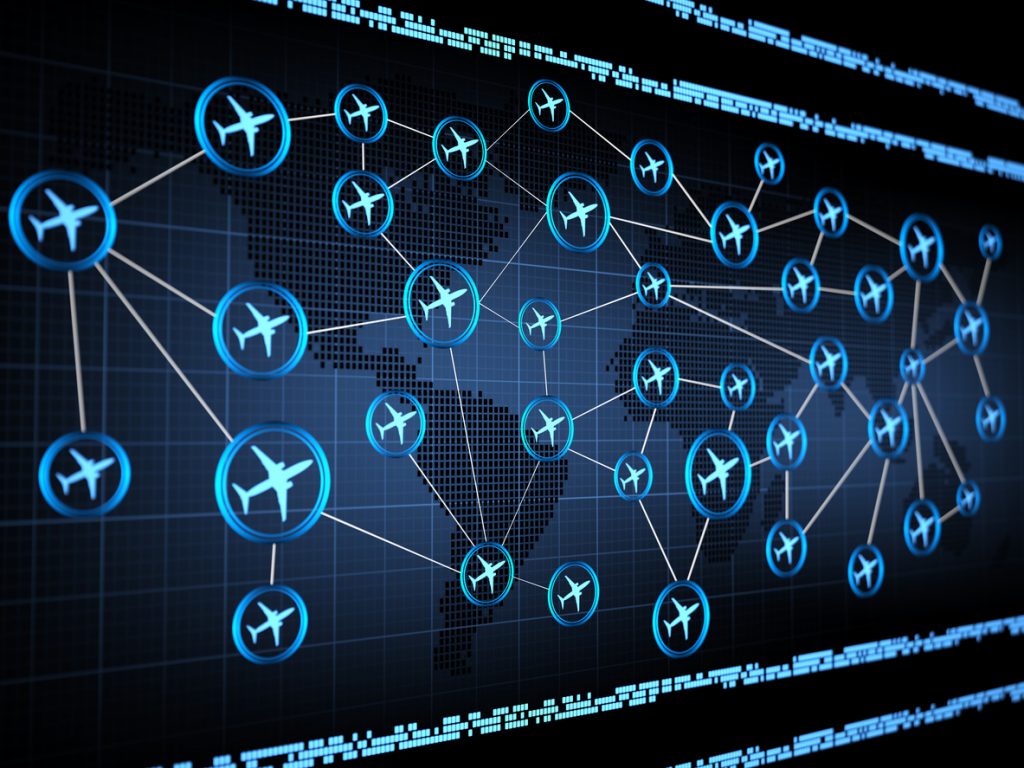The aviation industry is undergoing a digital transformation, driven by the need to enhance operational efficiency, customer experience, and competitiveness. However, this also brings new challenges and risks, such as complying with complex and evolving data privacy regulations, protecting sensitive data from cyberattacks, and managing the massive volume and variety of data generated by various sources and systems.
To address these challenges, airlines and airports need a robust and reliable data storage solution that can handle all types of data – files, blocks, and objects – in a single system. This is where unified storage solutions come in, offering a comprehensive and flexible approach to data management that can revolutionize regulatory compliance and safeguard data privacy in aviation.
What are unified storage solutions and how do they work?
Unified storage solutions are the consolidation of various storage types into a single system. This typically means handling both file-level storage solutions like network attached storage (NAS) and block-level solutions like storage area networks (SANs) within the same, centralized system. Additionally, some unified storage solutions also support object storage, which is a scalable and cost-effective way to store unstructured data, such as images, videos, and documents.
Unified storage solutions are protocol agnostic, meaning that they can support multiple data transfer protocols, such as NFS, CIFS/SMB, iSCSI, and FC. This allows them to be easily integrated with applications and platforms that use different types of data. Moreover, unified storage solutions consist of multiple components, including physical hardware, software, and networking infrastructure, that work together to provide raw storage space that can then be optimized for the appropriate software layer.

How do unified storage solutions revolutionize regulatory compliance in aviation?
The aviation industry is subject to various data privacy regulations, such as the European Union’s General Data Protection Regulation (GDPR) and the California Consumer Privacy Act (CCPA). These regulations impose strict requirements on how personal data of passengers, employees, and partners is collected, processed, stored, and shared. For example, GDPR grants data subjects the right to access, rectify, erase, and port their data, as well as the right to object or withdraw consent to data processing. CCPA also provides similar rights, as well as the right to opt-out of personal information sales.
Complying with these regulations can be challenging for airlines and airports, as they often deal with data from multiple sources and systems, such as reservation systems, loyalty programs, check-in kiosks, baggage handling systems, security systems, and in-flight entertainment systems. Moreover, data privacy regulations are often inconsistent, vague, or have extraterritorial implications, making it difficult to ensure compliance across different jurisdictions and scenarios.
Unified storage solutions can help airlines and airports revolutionize their regulatory compliance by providing a single, consolidated, and consistent platform for data storage and management. By using unified storage solutions, airlines and airports can:
– Simplify data governance and administration by having a single point of control and visibility over all data types and sources
– Enhance data security and protection by implementing encryption, access control, backup, and recovery features across the entire data storage system
– Facilitate data audit and reporting by enabling data classification, tagging, and tracking, as well as generating compliance reports and logs
– Support data subject rights by enabling data discovery, retrieval, deletion, and portability, as well as data anonymization and pseudonymization
– Reduce data storage costs and complexity by eliminating the need for multiple storage systems and vendors, as well as optimizing storage efficiency and performance
How do unified storage solutions safeguard data privacy in aviation?
Data privacy is not only a legal obligation, but also a competitive advantage and a customer expectation for the aviation industry. According to IATA’s Global Passenger Surveys from 2018 and 2019, passengers were leery of technologies that they felt might compromise their privacy while traveling. Moreover, data breaches and cyberattacks can have severe consequences for airlines and airports, such as reputational damage, financial losses, and legal liabilities.
Unified storage solutions can help airlines and airports safeguard their data privacy by providing a secure and reliable data storage solution that can prevent unauthorized access, disclosure, or misuse of data. By using unified storage solutions, airlines and airports can:
– Prevent data breaches and cyberattacks by implementing robust encryption, firewall, and antivirus features, as well as monitoring and alerting systems
– Detect and respond to data incidents by enabling data backup, recovery, and restoration features, as well as incident management and notification systems
– Ensure data confidentiality and integrity by implementing access control, authentication, and authorization features, as well as data quality and validation systems
– Ensure data availability and resilience by implementing redundancy, replication, and failover features, as well as disaster recovery and business continuity systems

Conclusion
The aviation industry is facing unprecedented challenges and opportunities in the digital era, where data is the key to success and survival. However, data also comes with risks and responsibilities, such as complying with data privacy regulations and protecting data from cyber threats. To overcome these challenges and leverage these opportunities, airlines and airports need a unified storage solution that can handle all types of data in a single system, offering a comprehensive and flexible approach to data management that can revolutionize regulatory compliance and safeguard data privacy in aviation.











